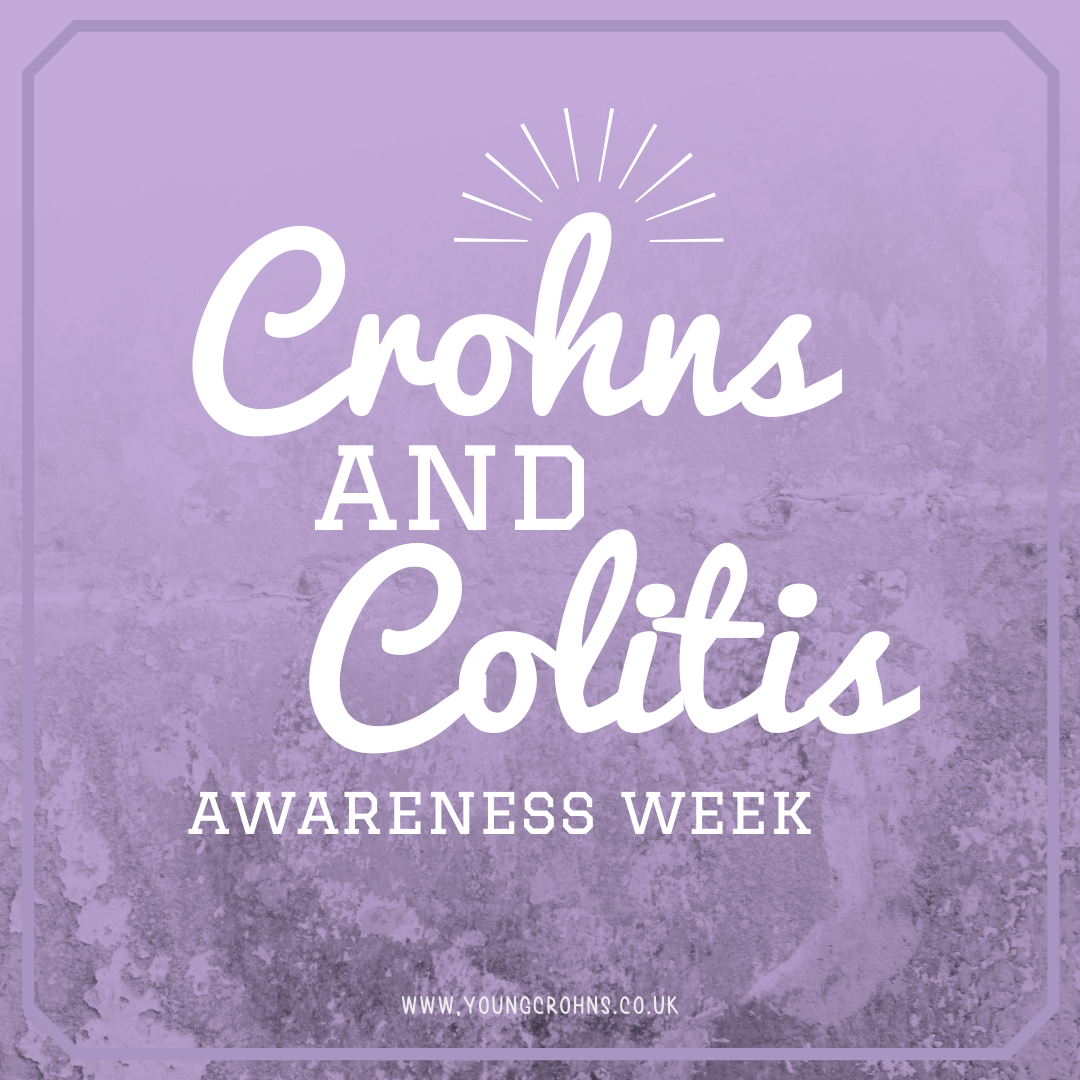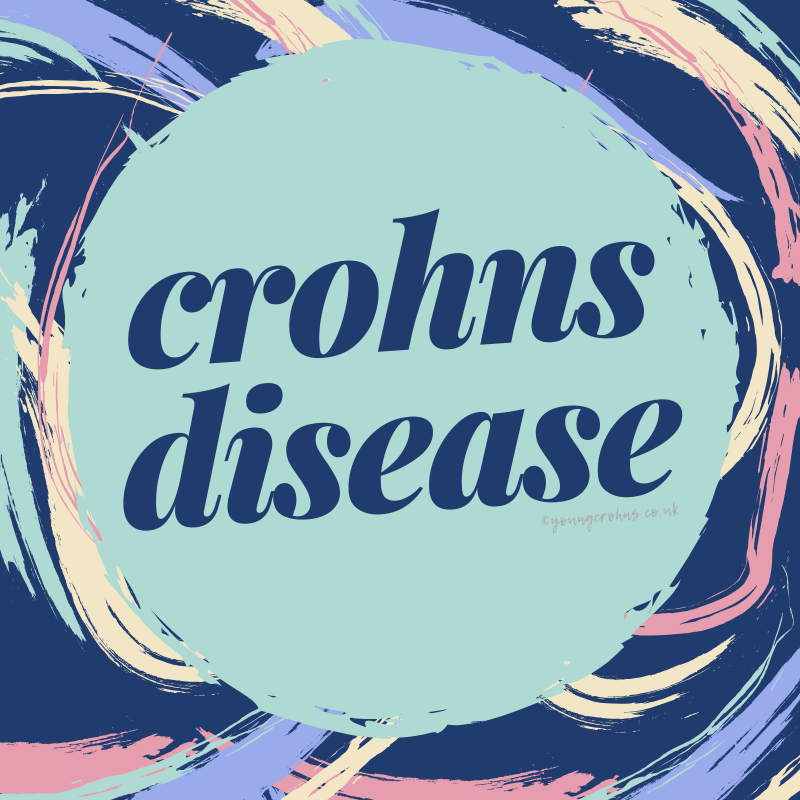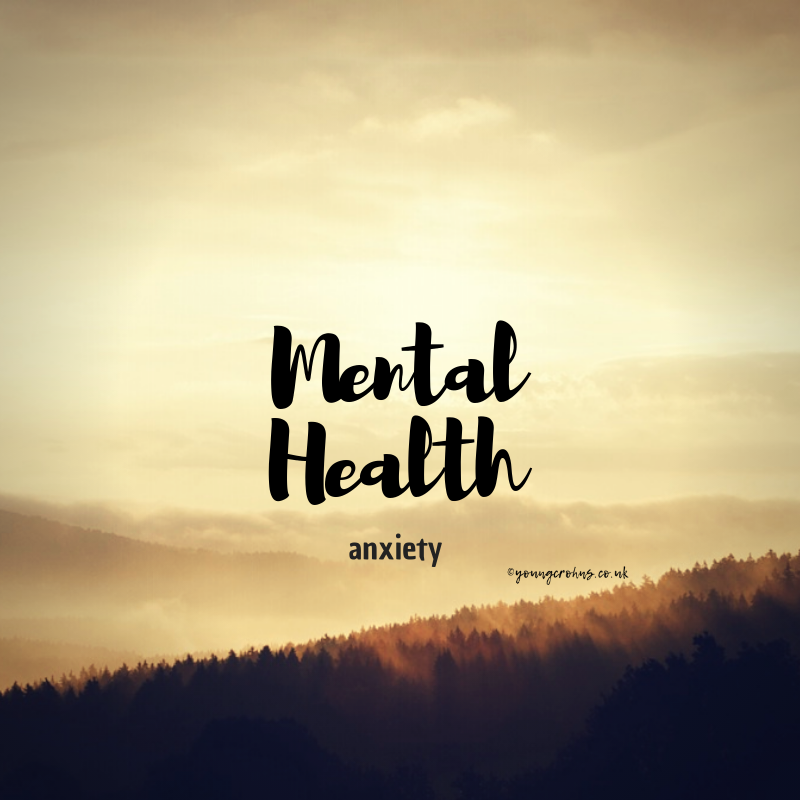
Awareness Week – Changes in Mental Health
Part of #crohnsandcolitisawarenessweek
My mental health has been really impacted by having Crohn’s disease.
It started with the aftermath of diagnosis and has come back stronger and deeper since surgery. All of the issues that I’ve had have made it harder to process just how much IBD can go on to affect daily life, especially when you’re living in constant pain.
Before stoma surgery, however, I was not taking medication for how my mental health was affecting me.
In the very early days, I would have therapy and get on with it. I didn’t have much choice really, not that therapy did much except give me an outlet for talking through my issues. Those issues haven’t gone away, but I have gotten better at recognising the signs and symptoms of my own mental health declining.

When I started medication for Depression and GAD back in 2018, I found that more challenging. I had to ‘admit’ a ‘problem’ and that was tough. I’d suffered for such a long time, needing more help seemed to mean that it was escalating. But it wasn’t, I just needed more support, I had exhausted all of my own resources.
I’ve been on these medications ever since. Not had a break or decreased my dosage, just steady homeostasis. I’m unsure if some of it is taking it out of comfort and routine that helps, but coming off them is more anxiety-ridden than the anxiety itself. And this is not to say that my mental health and emotional wellbeing hasn’t gotten ‘worse’ over time, but I’ve found other ways to cope.
Some other ways to find clarity with my own mental health have been:
- journaliing
- more self care – be that skin care routine, eaitng health food or taking a shower
- resting – and actually doing the rest instead of ‘trying to be productive’
- keeping a diary of my symptoms
- taking about my feelings
- not fighting myself when i do feel low or unwell
Mental health and IBD is an under-researched and overlooked area in care. It does come up more frequently in appointments, but without specialised care – ie counselling for IBD or psychologist on staff – the teams are lost on what to really do, clinically. So it’s a tough one. Crohn’s and Colitis UK have got resources on mental health which you can read here, and plenty of patients and IBD advocates are speaking out about how MH impacts on IBD and vice versa.
More definitely needs to be done.
Until next time,

Do you have any questions or queries? Or just want to share your own experiences? You can leave me a reply here or leave comments via my social media accounts – on Twitter, find my blog page on Facebook and over on Instagram



